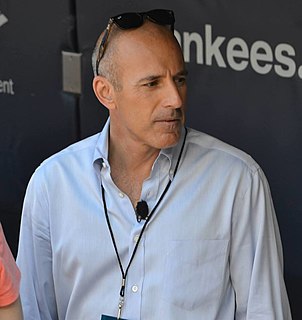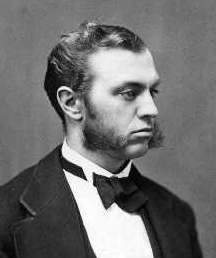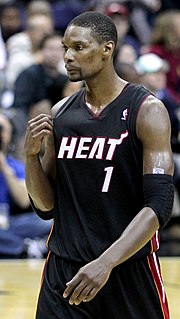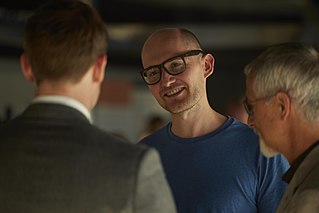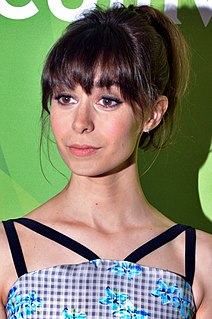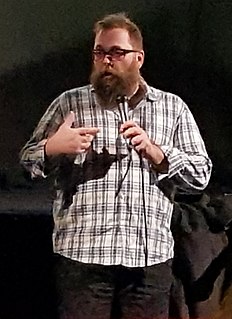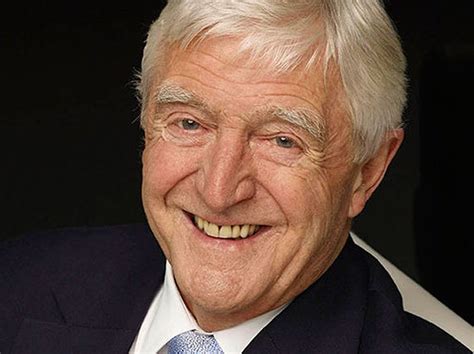A Quote by Jean-Marie Lehn
Supramolecular chemistry is the chemistry of the intermolecular bond, covering the structures and functions of the entities formed by association of two or more chemical species.
Related Quotes
Cooking isn’t taught,” Patch said. “It’s inherent. Either you’ve got it or you don’t. Like chemistry. You think you’re ready for chemistry?” I pressed the knife down through the tomato; it split in two, each half rocking gently on the cutting board. “You tell me. Am I ready for chemistry?” Patch made a deep sound I couldn’t decipher and grinned.
I grew up in Muenchen where my father has been a professor for pharmaceutic chemistry at the university. He had studied chemistry and medicine, having been a research student in Leipzig with Wilhelm Ostwald, the Nobel Laureate 1909. So I became familiar with the life of a scientist in a chemical laboratory quite early.
Scheele, it was said, never forgot anything if it had to do with chemistry. He never forgot the look, the feel, the smell of a substance, or the way it was transformed in chemical reactions, never forgot anything he read, or was told, about the phenomena of chemistry. He seemed indifferent, or inattentive, to most things else, being wholly dedicated to his single passion, chemistry. It was this pure and passionate absorption in phenomena-noticing everything, forgetting nothing-that constituted Scheele's special strength.
Every attempt to employ mathematical methods in the study of chemical questions must be considered profoundly irrational and contrary to the spirit of chemistry.... if mathematical analysis should ever hold a prominent place in chemistry -- an aberration which is happily almost impossible -- it would occasion a rapid and widespread degeneration of that science.

